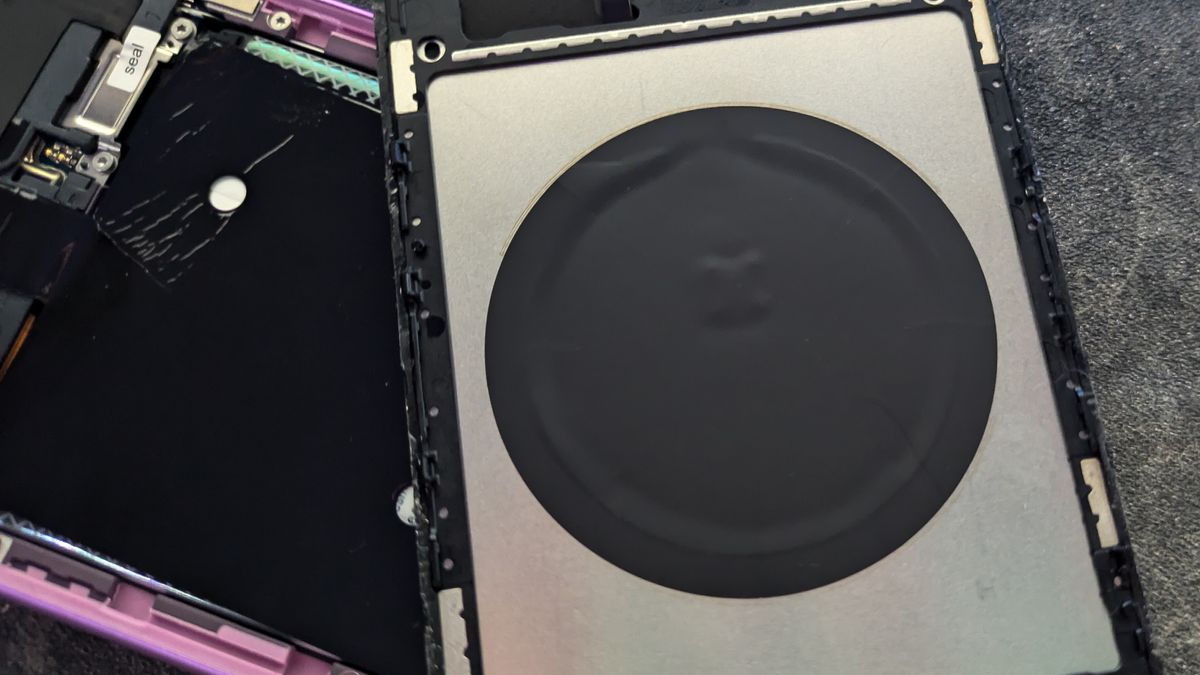Last year, it seemed that President Joe Biden’s policy agenda would never come to pass after his multi trillion-dollar Build Back Better package failed to make it through Congress.
His original plan included sweeping provisions targeting climate change, healthcare expansion, and tax reform. With opposition from two centrist Democrats in an evenly divided Senate, the package could only move past the House.
On Sunday night, however, Senate Democrats passed a slimmed-down version of the bill, now known as the Inflation Reduction Act, sending it to the House for approval, expected this Friday before heading to Biden’s desk for a final signature.
“Today, Senate Democrats sided with American families over special interests, voting to lower the cost of prescription drugs, health insurance, and everyday energy costs and reduce the deficit, while making the wealthiest corporations finally pay their fair share,” wrote Biden in a statement shared on Sunday.
Over $1 trillion less expensive than Build Back Better, the Inflation Reduction Act represents months of negotiations that stripped away many of the former package’s most progressive elements yet would still represent a shot in the arm for the Biden presidency after a trying 2022. While it delivers on some original targets, like climate, it skips others entirely—like extra support for families with children.
Here’s what’s still included, and what’s not.
Climate and clean energy at the forefront
When the White House outlined its plans for Build Back Better last year, its provisions relating to climate change were wide-ranging.
They included tax credits meant to offset costs for middle class families shifting to clean energy, a revised framework to aid American manufacturing of clean energy components, and investments in climate-smart agriculture, and the creation of the Civilian Climate Corps, a New Deal-style coalition designed to simultaneously build jobs while protecting the environment.
These expansive climate provisions were a sticking point for Senator Joe Manchin (D-WV), whose decision not to sign off on the bill prevented it from passing last year.
In its revised form, the Inflation Reduction Act is still a significant climate package, calling itself “the single biggest climate investment in U.S. history, by far.” Its focus, however, has shifted primarily to the financial benefits outlined in Build Back Better, with provisions to invest nearly $369 billion over a decade in climate change programs and clean power.
The bill still has the potential to move the U.S. significantly closer to Biden’s goal of reducing greenhouse gas pollution to 50% of 2005 levels by 2030, which the administration announced last spring.
Childcare and other social supports are gone
Key to Biden’s original Build Back Better plan was an array of provisions that would have benefited millions of America’s most vulnerable citizens, along with bolstering investment in the country’s infrastructure.
Most of these didn’t survive.
Notable in the original package was an extension of the Child Tax Credit, which families received throughout 2021 as part of the American Rescue Plan. The credits, which came in the form of monthly $200 or $300 checks depending on the age of the child, were credited with lifting millions of children out of poverty while in effect last year.
The credit’s extension was not included in the Inflation Reduction Act. Neither were additional provisions to expand child care access in the U.S. Support for older Americans and people with disabilities, funding for affordable housing, an expanded free school meal program, and a plan for universal preschool also didn’t make it.
Healthcare reform is preserved
The Inflation Reduction Act does, however, preserve some of Build Back Better’s attempt to expand and reform healthcare access in the U.S.
Most notably, it caps the out-of-pocket cost for prescription drugs for seniors on Medicaid at $2,000. It also includes a cap of $35 per month on the price of insulin for Americans on Medicaid, though not for those covered by private insurance, and allows for a limited amount of negotiation on the price of prescription drugs.
The bill does not expand Medicaid coverage, as Build Back Better intended to do, to approximately four million uninsured Americans currently left in a coverage gap. Nor does it extend Medicare to include hearing benefits, per the original plan. It does, however, include a three-year extension of Affordable Care Act subsidies.
A more complicated funding structure
In order to fund Build Back Better, the White House planned a major reversal of Trump-era tax cuts and levies on corporations and wealthy Americans. Senator Kyrsten Sinema (D-AZ), who joined Sen. Manchin in opposing Build Back Better, focused specifically on those wide-ranging tax increases on the wealthy.
Following negotiations on the Inflation Reduction Act, the final bill instead includes a 15% minimum tax on the profits corporations report to shareholders, applying to companies that report more than $1 billion annually in their financial statements.
Also due to Sinema’s negotiations, the package does not include a measure that would have limited a tax break for hedge funds and private equity companies. Instead, it includes a 1% excise tax on stock buybacks to make up for that lost revenue.
The package also includes an $80 billion investment in the International Revenue Service in order to bolster its efforts to rein in tax evasion.
What could it mean for midterms?
Prior to Sen. Manchin and Sen. Sinema’s cooperation on the Inflation Reduction Act, their opposition to Build Back Better spelled disaster for Biden’s policy prospects for the rest of his term.
Historically, the incumbent president’s party does not do well during midterm election season. If Democrats were to lose their narrow control in Congress this fall, passing significant legislation in the future would become even less likely.
By passing the Senate on Sunday, then, the Inflation Reduction Act will likely leave a major mark on Biden’s presidential legacy.“This bill is far from perfect,” said Biden at a press conference at the end of last month. “It’s a compromise.”
Sign up for the Fortune Features email list so you don’t miss our biggest features, exclusive interviews, and investigations.





















Discussion about this post